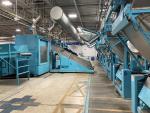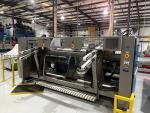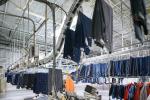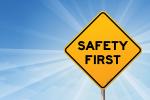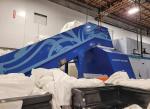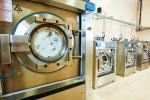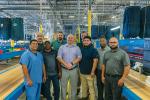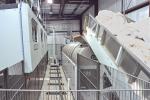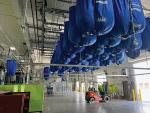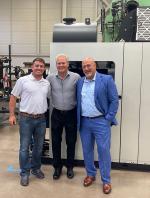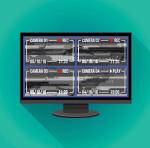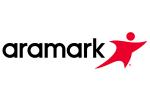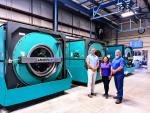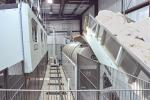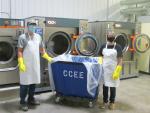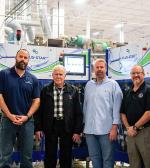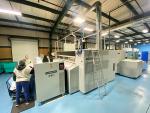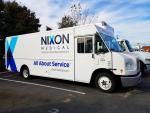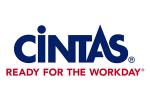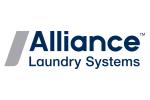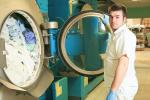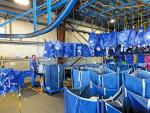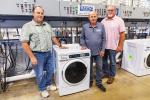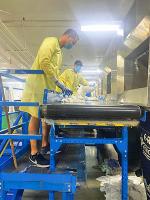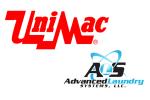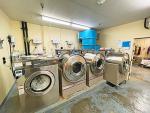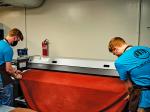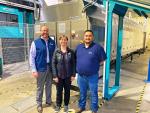SYRACUSE, N.Y. — There are three types of pre-owned equipment categories to consider when deciding on a piece of equipment not purchased new from the original manufacturer (OEM).
There is truly “used” equipment that is typically purchased “as is.” Second, there is the equipment purchased from a third party and then “rebuilt.”
Lastly, there is the equipment purchased from the OEM that is rebuilt to the OEM specifications and today’s standards of safety.
The key in each situation is to ask the right questions about the pre-owned equipment.
Here are some important questions a buyer in this “as is” situation should try to answer:
How many hours of actual runtime does the machine have on it?
If more than 30,000-50,000 hours, it is likely approaching the end of its useful life without going through a complete rebuild. (Note: 30,000-50,000 hours = 14-24 years of runtime based on a 40-hour week.)
Was the machine purchased new, and why is it being sold?
A thorough inspection should be conducted. Look for any structural issues, evidence of poor maintenance or any functional issues. These are “buyer beware” signals.
Has the machine been maintained and are there records to support this?
No record of preventative maintenance presents a red flag.
Are replacement parts still available for the machine from the OEM or another source?
If not, this is another red flag … especially control parts for an upgrade or retrofit.
Certifications—does the machine have any certifications (i.e., UL, CSA, ETL) and will they remain valid if the machine is purchased and relocated?
Depending on the machine type, certifications could be mandatory by the local municipality in order to run the machine. Most certifications end when the machine is moved to a new location.
Obtaining a new certification could be impossible.
Looking at a third-party rebuild? Here are some questions to ask:
Does the rebuilder have references on other like equipment that you can check on?
No references could mean poor workmanship, and the machine may have been repainted but not rebuilt.
Has the machine been completely torn down and inspected for structural issues and repaired as necessary?
If the answer is “no,” or “yes” with no proof, beware.
Are controls and components upgraded to the latest available or even able to be upgraded?
If not, are you able to get parts for what the rebuilder is selling on the machine? Are they obsolete?
Does the rebuilder provide a warranty on the rebuilt machine and components?
No warranty puts you back in the “as is” scenario. If a warranty is not offered, you need to know what is covered.
What certifications are necessary for you to operate the machine in your municipality?
CSA and ETL certifying agencies state that no rebuilder other than the OEM can recertify a machine to CSA, UL, ETL or similar standards.
Does the third party offer aftermarket support?
If the third party outfitted the machine(s) with custom controls and/or parts, the OEM cannot help support the product when the machine breaks down and requires service. Often the changes that were made are not reversible.
Finally, if you are considering purchasing a rebuilt machine from the OEM, here are some questions to ask:
Does the OEM have references for similar equipment?
If the OEM cannot provide you with references on similar types of rebuilt equipment, that presents a red flag.
Was the machine completely torn down and inspected for structural issues and repaired as necessary? Does the OEM provide a warranty on the rebuilt machine?
If it was not, there’s a good chance that the warranty, if any, will be limited.
Were all components and controls updated to the latest available platform and updated safety features?
If they were not, can you obtain replacement parts in the future through the OEM or another source? If the answer is no, you have cause for concern.
Does the OEM offer service and technical support?
This is an obvious benefit for the long-term health of your investment.
Whichever scenario you chose, take the time to do your homework and make sure a bargain is really a bargain.
RELATED STORY
Remanufactured Decision Making, Oct. 11, 2018
Have a question or comment? E-mail our editor Matt Poe at [email protected].


